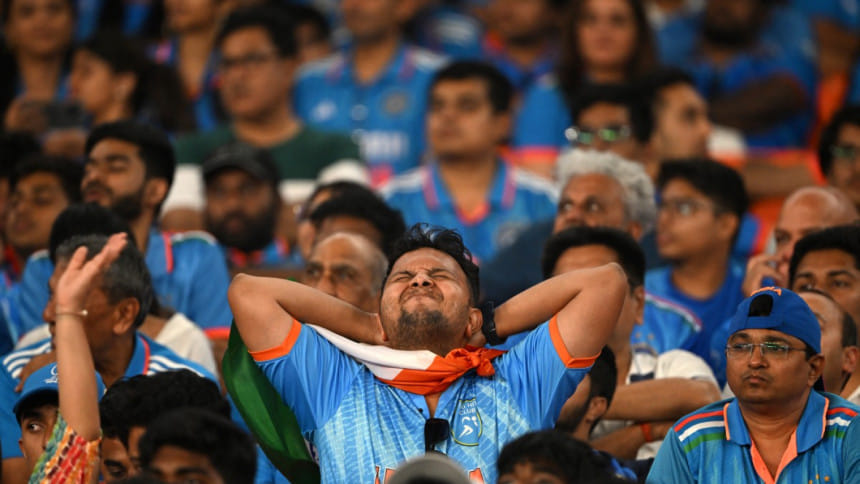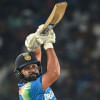The silence in Ahmedabad reminiscent of Maracanazo

On July 16, 1950, Brazil lost a football match to Uruguay 2-1.
It was not the first time Brazil had lost to their South American neighbours, nor was it a debilitating defeat in terms of the score-line. But to the 173,850 fans present in the stands of Rio de Janeiro's Maracana Stadium that day and the millions of Brazilians tuning in on the radio, it was a soul-crushing event.
Leading up to the match, the entire Brazil was already in celebratory mood, ready to rejoice their first-ever triumph in the FIFA World Cup.
That edition of the World Cup was played in the round-robin format. However, the Uruguay clash became a virtual final for Brazil as they needed just a draw to win the coveted trophy.
That fateful day, Brazilians entered the Maracana to see the coronation of their team. Instead, they saw their hopes get shredded by a determined Uruguay team, spurred on by their captain Obdulio Varela.
The defeat to Uruguay sent a nation into mourning and the match and the aftermath of it is enshrined in sporting folklore as the 'Maracanazo' (the Maracana blow).
On Sunday, the world of sport saw a re-enactment of sorts of the Maracanazo, albeit in a different sport.
Rohit Sharma's incredible India, after trampling every opponent in the competition, had marched their way into the final of the ICC World Cup 2023 and seemed almost destined to land their third World Cup title.
The Indian team had everything going for them. The experienced names in the batting order were firing at all cylinders, aided by the younger guys chipping in with crucial contributions. On the bowling front, their pacers were out for blood in every match while the spinners had operated with a great mix of smarts and skills.
The Narendra Modi Stadium – the biggest cricket stadium in the world – was the perfect venue for India to complete their ascent to the top of ODI cricket once again after 12 years as it would symbolise India's cricketing supremacy, both on and off the field.
They were up against Australia, a team that had crushed their hearts in the final of the 2003 World Cup in South Africa. The stage was set for them to return the bitter treatment to the Aussies 20 years later.
It was also the perfect opportunity for India to end their decade-long drought without any major ICC trophy, and for cricketing superstars like Rohit Sharma, Virat Kohli to add another feather to their illustrious careers.
Everything was in place, nationalistic fervour was at a fever pitch and a billion Indians were preparing for night-long celebrations.
However, Pat Cummins and his team, who came to India with arguably their weakest World Cup team in recent memory, had other plans.
The Aussies began their campaign with defeats to India and South Africa. But as the tournament got closer to its business end, the Australian team also regained their form and booked a rematch with India in Ahmedabad.
"The crowd's obviously going to be very one-sided but, in sport there's nothing more satisfying than hearing a big crowd go silent and that's the aim for us tomorrow," Cummins said on the eve of the spectacle. And in the final, the Australia captain was on point starting from the toss, where he made the correct call of putting India to bat first.
On the ground, it seemed that Cummins had it all planned out. After weathering the early storm from Rohit, Australia had a stranglehold over the Indian innings and refused to let go.
After that, Travis Head hit one of the all-time great innings in a final, which silenced over 100,000 passionate Indian fans.

The capacity crowd looked on in disbelief as their seemingly invincible team got humbled by Australia in a mostly one-sided match, leaving the host fans with the magnitude of sorrow comparable to the ones Brazilians faced almost three quarters of a century ago.
Even though the outcome of the final disrupted a picture-perfect World Cup for hosts India, it also justified the tagline of the competition.
It really does 'take one day' for everything to change.

 For all latest news, follow The Daily Star's Google News channel.
For all latest news, follow The Daily Star's Google News channel. 









Comments